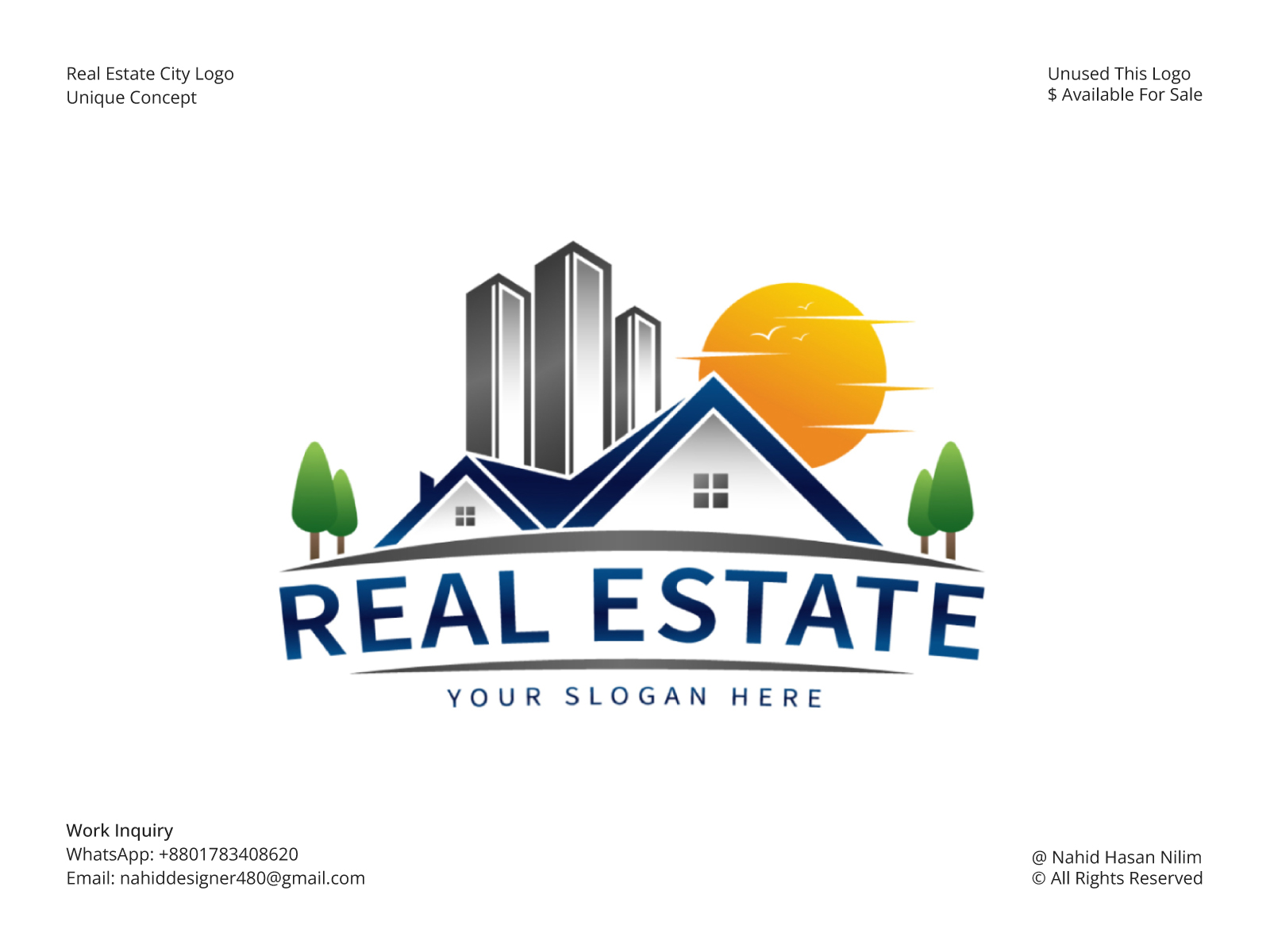Real Estate
1. Business Realty
What Is a Modified Gross Lease, and How Does It Work?
Have legal concerns about property?

Excellent
Swara Ahluwalia
Allison DeSantis, J.D.
Contents
A modified gross lease shares the threats and rewards of residential or commercial property ownership between the property owner and the occupant. In this lease arrangement, the tenant pays the fundamental lease and shares the operating costs related to the residential or commercial property with the property owner. While it offers flexibility and control, modified gross leases need cautious examination.
This article takes a deep dive into the world of industrial property arrangements. We examine how numerous lease structures work and how they can affect the price you'll pay per square foot. We likewise weigh the benefits and drawbacks of signing a modified gross lease contract, providing crucial insights for anyone considering this lease structure.
A modified gross lease is an unique property rental contract that divides the residential or commercial property's operating costs between both the property owner and the renter. In a customized gross lease agreement, a residential or commercial property owner can make the renter responsible for paying a portion of residential or commercial property taxes, insurance, and upkeep costs.
Modified gross lease contracts prevail in business areas where there are multiple tenants like:
- Office parks
- Condo towers
- Multi-tenant workplace structures
However, no 2 customized gross leases are ever the same, with flexible liabilities. As the occupant's obligations can differ across residential or commercial properties, it's vital to understand and document the terms in a lawfully binding contract.
How does a modified gross lease work?
A customized gross lease can be structured in several ways, and the lease contract will have particular terms on who supervises of what. For example, a tenant can pay the base lease and be accountable for a fixed portion of energies, small repairs, and small-budget interior maintenance. The landlord spends for major repairs, exterior maintenance, residential or commercial property tax, and remaining insurance coverage expenses.
How to determine base lease
In modified gross leases, the base rent, which is the beginning point for rent settlements, is normally revealed per square foot, either monthly or annually. Commercial investor can utilize the rates of other areas in the area as a standard. The quality of the residential or commercial property and its amenities are also aspects in the estimation of base rent. A realty attorney can be an important resource in determining a reasonable base rent.
How to compute expenditures in a modified gross lease
Business expenses can be calculated utilizing fixed-rate, prorated, base-year, or expense-stop methods.
Fixed rate. Both parties accept a fixed share of residential or commercial property expenditures, like a flat charge of $500 monthly over the base lease.
Prorated expenses. Under this approach, the residential or commercial property owner will ask each tenant to pay a pro-rata portion of all residential or commercial property costs. Here's how it would work: Say you occupy 1,500 square feet within a 10,000-square-foot building. You 'd be accountable for paying 15 percent of the total expenditures.
Expense-stop. This method includes the residential or commercial property owner paying private or group expenditures as much as a particular limit. After that limit is crossed, the tenant takes control of the expenses. For example, the residential or commercial property owner will cover common location upkeep expenses approximately $5 per square foot. Any typical area housekeeping cost above that quantity will be covered by the renter's company.
Base-year stops. This works likewise to a cost stop, however the expense per square is tied to the base year's expenses. In realty, the base year is the year you signed the lease. If you signed the agreement in May 2024, the base year is January 2024 to December 2024. If the base year expenses for a 10,000-square-foot center are $500,000, the base year stop is $50/per square foot. The tenant will cover the expenses above that base year rate. Suppose, in 2025, the overall building expenditures come to $550,000, which is $55/per square foot; the tenant will pay the extra $5 per square foot.
An additional factor to consider in a customized lease is how expenses are organized, as this likewise impacts the cost one will pay. If expenditures such as residential or commercial property taxes and typical area upkeep are clubbed together, the renter is more likely to strike the base year or expense year stop threshold earlier than anticipated, and they might wind up needing to pay more.
The lease terms are affected by each party's requirements, settlement abilities, and budget. Take a look at these 10 lease agreement points or consult a realty attorney before you sign the dotted line to guarantee you totally understand what you're getting into.
Modified gross leases vs. other gross and net leases
As a small business owner or commercial realty developer, a modified gross lease is not the only lease structure readily available. There are other industrial property arrangements that you can check out.
Gross rents
A gross lease, likewise called a full-service lease, is a common lease between a landlord and a tenant. The property manager covers all of the residential or commercial property's operating expenses, from property tax, residential or commercial property insurance coverage premiums, upkeep expenditures, energies, repair work, and janitorial services. These aspects are determined into the base rent quantity. The tenant pays a flat fee to the property manager to get special usage of the premises.
Gross leases agree with leasing arrangements for occupants with limited resources who need to budget plan sensibly. They are likewise popular for leading "Class A" workplace areas with cutting edge facilities.
Net leases
In a net lease, it's the tenant's responsibility to cover a few of the operating costs. Many commercial real estate investors and residential or commercial property owners desire to prevent the headache of managing the residential or commercial property and, therefore, pass on the cost problem to the occupants. Owners, in turn, charge a lower lease quantity as they no longer need to worry about the everyday upkeep and administration.
There are three kinds of net leases:
Single net lease. Also known as N lease; the tenant pays net lease and residential or commercial property taxes.
Double net lease. Other names are NN lease or net-net lease. In addition to lease, the tenant pays residential or commercial property taxes and insurance coverage; the proprietor foots the expense for upkeep expenses.
Triple net lease. Commonly referred to as an NNN lease, triple net leases need the renter to pay residential or commercial property taxes, insurance, and minor structural maintenance expenses. They are signed for big-box stores, national dining establishment chains, gasoline station, free-standing banks, or drug stores with the funds to pay these extra costs.
Absolute net lease. The tenant covers ALL expenditures, including major structural repairs and costs, such as replacing the HVAC system or fixing the roof, as part of their business costs.
Advantages and drawbacks of the customized gross lease
There are particular pros and cons to utilizing a customized gross lease.
A customized gross lease provides the following:
Balance and versatility. Modified gross leases act as a midway point between 2 business real estate extremes for renters and property managers. You can decide on which operating expense you want control over.
Predictability. Unlike triple net leases, where costs can alter drastically from year to year, a modified gross lease has some predictability. Tenants pay a base lease and then a repaired rate for a portion of the expenditures. The rental contract likewise locks in how the lease payment will increase yearly. This predictability leads to better budgeting and cash circulation estimate.
Control. A modified gross lease enables residential or commercial property owners and renters to have more control over the residential or commercial property's upkeep and operating expenses. For example, an organization can implement energy-saving measures to lower its energy costs if it knows it is only accountable for its system's usage.
Fewer maintenance inconveniences. In the majority of customized gross leases, the renter just needs to worry about minimal maintenance expenses. They aren't hassled with significant repair work as they would be in a triple-net lease.
For industrial real estate financiers, this technique gets rid of some financial pressure from their shoulders and provides them a more stable income, as some business expenses are part of the base lease.
Modified gross leases aren't always a win-win. Some typical discomfort points are:
Complex terms. Modified gross leases can be exceptionally complicated and tough to understand. Expense stops, cost groups, and base year stops are just a few of the legal matters that would need extra description.
Undervalued costs. Both property owners and tenants can under-estimate the expenses they expect to pay. For example, a property manager can overlook maintenance upkeep and charge a base rent that is too low.
Money conflicts. If contract terms are confusing, a modified gross lease could spur disagreement over location measurement and involved payment and administration fees.
Is a modified gross lease right for you?
Are you confused about which commercial lease contract to utilize? Make your decision after reading our pointers.
Consult a real estate lawyer
What makes modified gross leases complex is that, unlike gross and net leases, a modified gross lease has no set industry standards for cost distribution. Multiple variables can affect what you may end up paying. For circumstances, the property manager might require that the anchor renter pay a higher percentage of costs. If you're the anchor renter (one who inhabits most space in the structure), you might face a greater monetary burden. Hiring an attorney to draft or review your business lease agreement will secure you from financial and legal risks.
Understand your lease's terms
In a modified gross lease, the renter's obligation can vary from residential or commercial property to residential or commercial property. For circumstances, in one business structure with a single electrical meter, you might be responsible for paying an equivalent portion of the structure's electricity costs, no matter your usage. In another, you may be on the hook for an amount connected based upon your space. Each customized gross lease is various and there might be unanticipated monetary surprises if you don't dot all the I's and cross all the T's.
Financial predictability
While a gross modified lease does not put the bulk of expenditure onus on the tenant like an absolute or triple net lease, it still brings in some variable operating expense. Your organization should have enough buffer to deal with the fluctuating operating costs.
Consider business nature and place
Does your business use considerable energies? Does it have standard operating hours? Irregular operating hours and varying energy use can make budgeting a challenge. Also, consider the utility rate trends in your area; regular rate walkings contribute to the uncertainty.
Evaluate company development plans
Envision growth and desire to keep a constant brand name image? It may be better to choose an outright net leasing plan where you take in all the financial and physical obligation. It may offer more control over your service' branding and operations.
Can modified leases be converted to another lease structure?
Yes, it's possible to customize lease arrangements as long as they do not break any laws or infringe upon the rights of either celebration. Bear in mind that you're changing a legal file, and thus, it's a good idea to have a lawyer on your team to ensure the brand-new agreement is lawfully sound and enforceable.
How are expenses computed in a customized gross lease?
Expenses can be determined using the fixed-rate, pro-rated, base-year stop, or expense-stop approaches. The property manager and tenant can negotiate which expenses each party is accountable for. The final terms and payment conditions ought to be mentioned in the modified gross lease arrangement.

This post is for informative functions. This content is not legal recommendations, it is the expression of the author and has actually not been evaluated by LegalZoom for precision or modifications in the law.
You might also like










